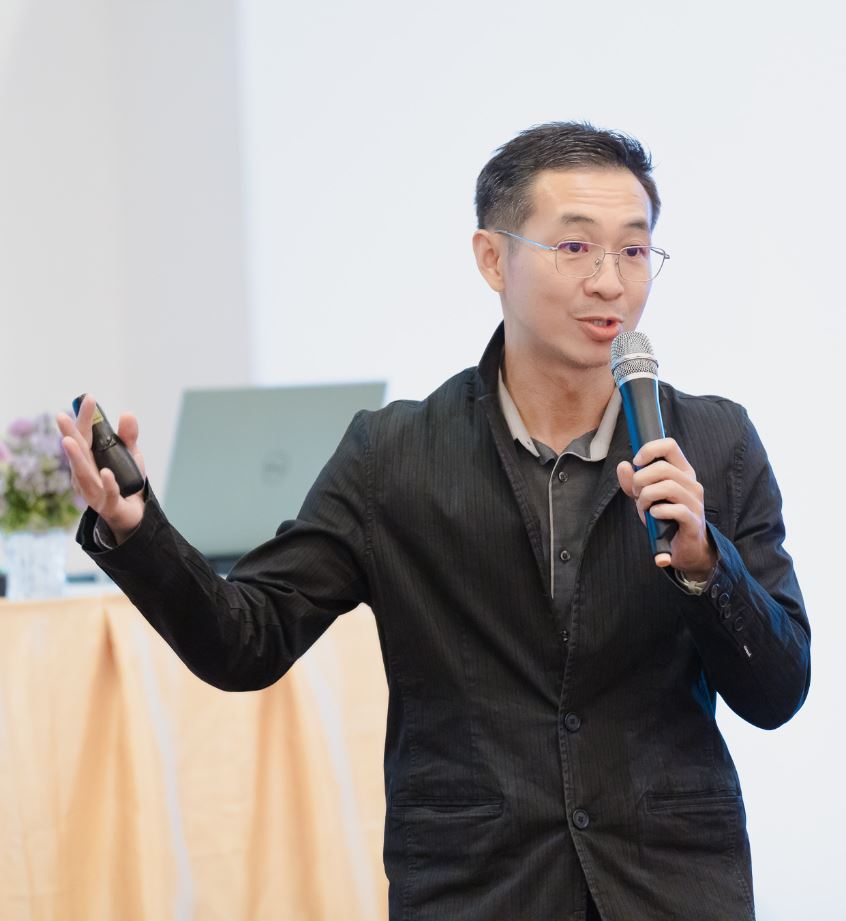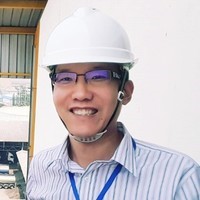PE13 Process Equipment & Operation Problem Solving, Troubleshooting (Licensed Course from US)
Artit wiwatwisansakul
Wiroon Tanthapanichakoon
May 13, 2026
Rayong

Artit wiwatwisansakul
Wiroon Tanthapanichakoon
May 13, 2026
Rayong

This is a well-known course that Mr. Joseph Bonem, the author of a famous book “Process Engineering Problem Solving (Wiley)” and “Problem Solving for Process Operators and Specialists (Wiley)”, has licensed to Mr. Wiroon for teaching this course in Thailand and Asia on his behalf.
Each participant will be given a free copy of the book “Process Engineering Problem Solving (Wiley)” as a gift and as required by training license agreement (115 USD price) at NO ADDITONAL COST.
All disciplines of engineers and any technical people involved in process engineering and design as well as plant operation and troubleshooting needing technical knowledge to tackle various plant problems. The course is designed for process engineers and production engineer with 0 to 10 years experience in an industrial environment. However, the course will also benefit more experienced engineers that have recently moved into an industrial environment, industrial managers who are looking for techniques to improve organization problem solving skills, non-process engineers with some experience in the process industry and process operators with some unit operations understanding.
8:00 AM – 9:00 AM Register
9:00 AM – 12:00 PM
1. Introduction
• Definition of Engineering Problem Solving
• Why Engineering Problem Solving is required
• Modern processes are large and complex
• Modern processes have a high degree of variable interaction
• The problem is almost always more complicated than it seems
• Conflicting data is always present
• Process dynamics (unsteady state) are often involved
• Why current approaches often fail
• There is an inadequate application of engineering principles
• There is a lack of a methodical approach
• There is a failure to see the whole picture
• There is an overdependence on process history
12:00 PM – 13:00 PM Lunch Break
13:00 PM – 17:00 PM
2. Process for successful Engineering Problem Solving
• Successful Problem Solving will always involve the following:
• A routine monitoring system
• A disciplined learned problem solving approach
• The ability to distinguish between problems requiring engineering problem solving and those only requiring an expedient answer (optimum technical depth)
• Routine monitoring system
• Electronic data sources
• Human data sources
• Trigger point concepts
• Disciplined learned problem solving approach
• Problem Verification
• Problem Statement
• Development of a theoretically sound working hypothesis
• Development of a mechanism to test the hypothesis
• Development of a remedial action
• Optimum Technical Depth
• Determination of the optimum technical depth
• Use of low risk directionally correct hypotheses to expedite problem solution
3. Development of Theoretically Correct Working Hypothesis
• Utilization of key questions to develop hypotheses
8:00 AM – 9:00 AM Register
9:00 AM – 12:00 PM
4. Application to Pumps and Compressors
• Key definitions
• Applications of basic process engineering to pumps and compressors
• Recommended calculation techniques and shortcuts
• Problem working
12:00 PM – 13:00 PM Lunch Break
13:00 PM – 17:00 PM
5. Application to Fractionation Columns
• Key definitions
• Techniques for visualizing tower internal vapor-liquid action
• Calculation concepts, techniques and shortcuts
• How theoretically correct hypotheses are developed.
• Problem working
6. Application to Kinetically limited processes (heat or mass transfer, drying, reaction)
• Key definitions
• Introduction to “lumped parameter constant” and driving force concepts
• How theoretically correct “Driving Forces” are developed
• Calculation concepts, techniques and shortcuts
• Problem working
8:00 AM – 9:00 AM Register
9:00 AM – 12:00 PM
7. Verification of Data
• Using technical resources
• Using human resources
8. Successful plant tests
• What is a successful plant test and what is required to ensure that success is achieved.
12:00 PM – 13:00 PM Lunch Break
13:00 PM – 17:00 PM
9. Manual calculation techniques
• Value/Need for calculation techniques
• expediency
• confirmation of computer calculations
• where computer calculations are not appropriate or valid
• Techniques of value
• binary systems
• single phase water-hydrocarbon systems
• two phase water-hydrocarbon systems
• condensation from vapor phase to two liquid phases
• Confirmation of computer simulations using short cut techniques

Process Safety Engineering
Process engineering and chemical engineering
Plant problem solving and training

Process & Technology Development
Process engineering
Process scaleup and development
For UPCOMING Public Training Course with ChemEngEdu
Early-Bird Rate for Corporate Participants: 5% discount fromfull price for registration at least 4 weeks (28 days) before the training date(reserve the early-bird rate by registration, not by payment).
Individual Participant Promotion: -50% OFF from full price(max 1 person per organization per course). Not eligible for early-bird rateabove.
Academic Participant Promotion: -40% OFF from full price(max 1 person per organization per course). Not eligible for early-bird rateabove.
SkillLane Participant Promotion: Get 60% OFF the full priceon a CEE course when you register for any SkillLane course. (Offer valid for 1SkillLane course per 1 CEE course.)
Note: Please submit proof of your SkillLane registration toqualify for the discount when signing up.








เราใช้คุกกี้เพื่อพัฒนาประสิทธิภาพ และประสบการณ์ที่ดีในการใช้เว็บไซต์ของคุณ คุณสามารถศึกษารายละเอียดได้ที่ นโยบายความเป็นส่วนตัว และสามารถจัดการความเป็นส่วนตัวเองได้ของคุณได้เองโดยคลิกที่ ตั้งค่า